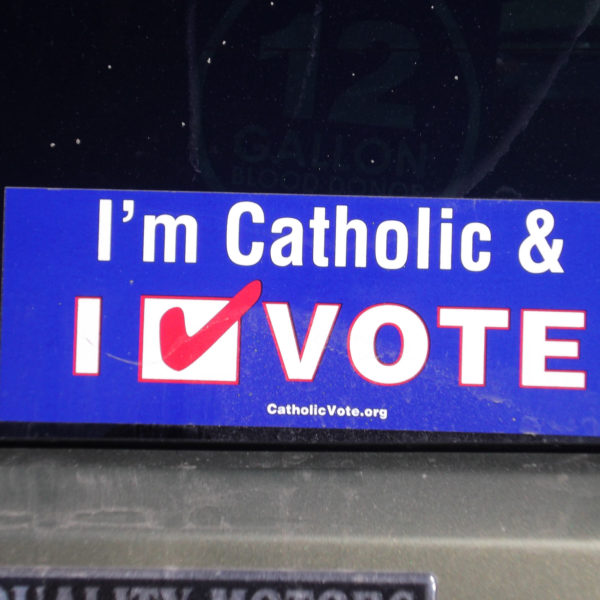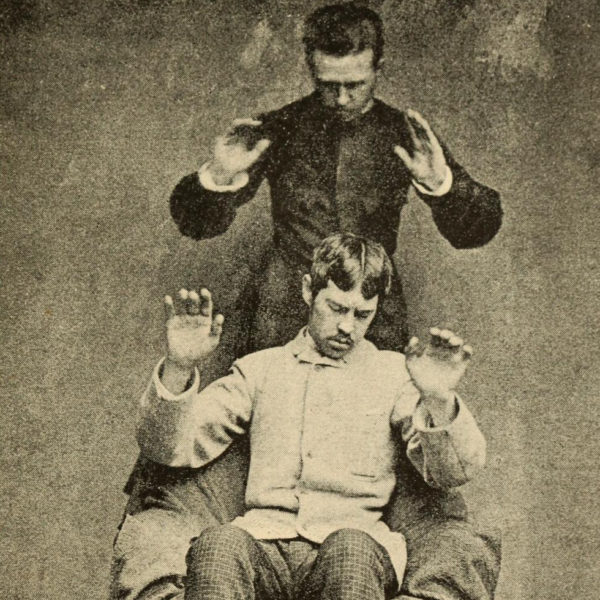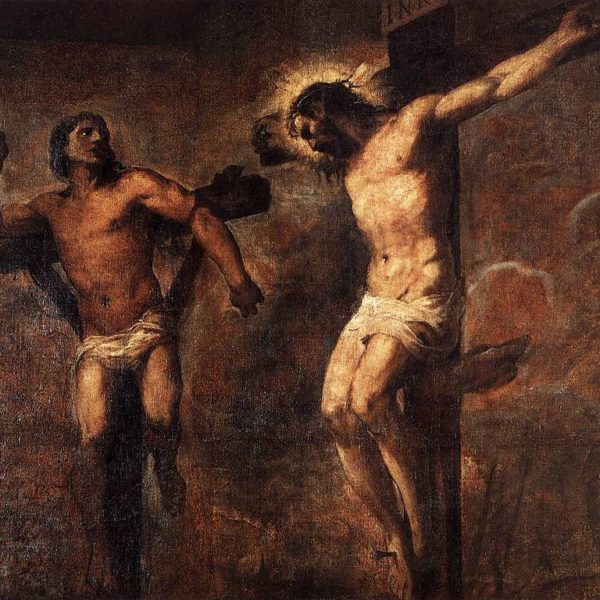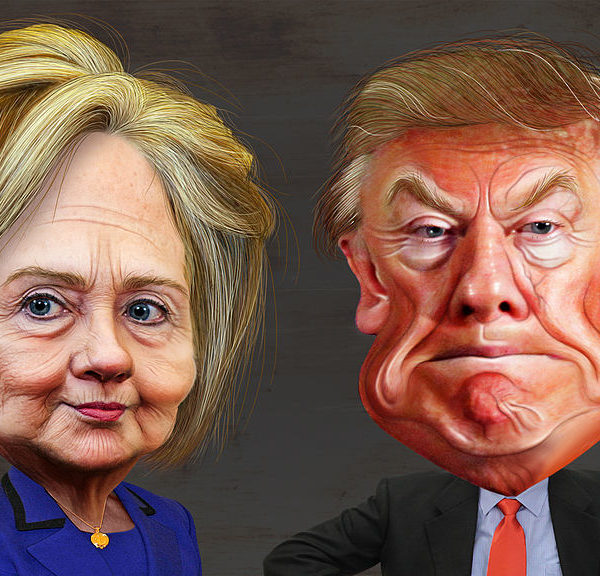
Advent declares that the time has come upon us, that the King of Kings is about to arrive. The Advent claim that Jesus is Lord is a fundamental orienting claim for all of our politics.
By Fritz Wendt
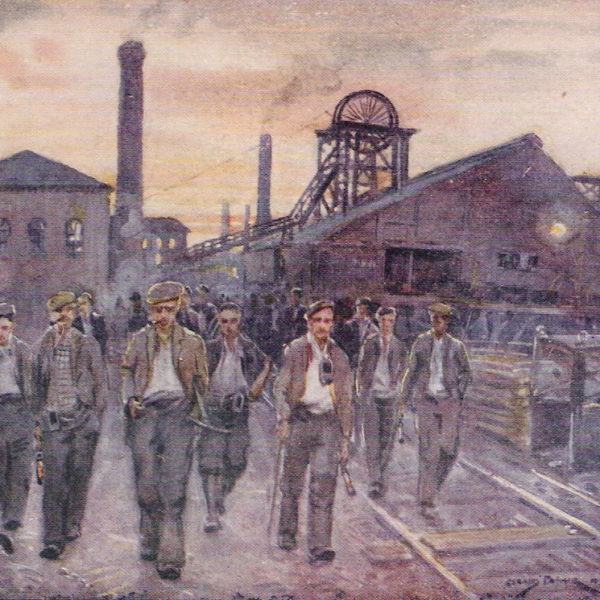
The Apostle Paul’s charge that those who are unwilling to work should not eat has often been taken in support of a callous form of conservatism. However, understood rightly, it reveals the way Christ speaks to all areas of life and labor.
By Jacob Bobby


